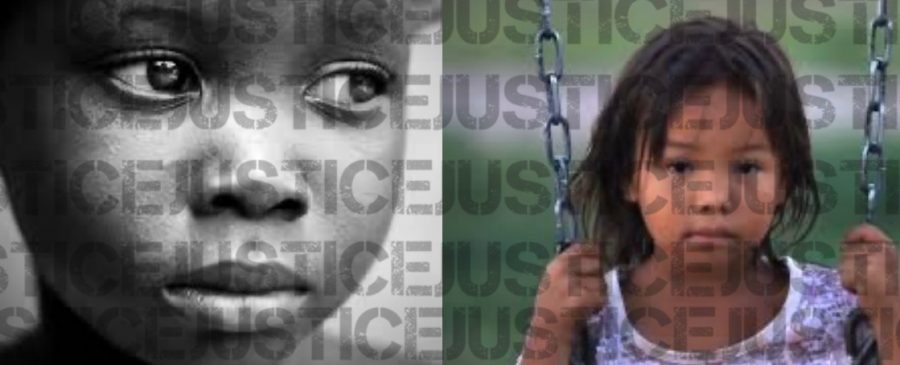Racism is a Dire Reality in Foster Care
November 16, 2020
It’s a known fact that racism is still in existence across the U.S. There are more than 400,000 children in foster care today, and according to 2019 statistics, the majority of children in the system are Black, Indigenous and people of color. So, why don’t people ever address the racism that vulnerable children in the foster care system are facing?
Children who are discriminated against in the system because of their race or ethnicity often don’t receive any viable solutions for their issue. It’s just something unfair that they have to deal with.
Lazae Reagan, a Black teenager who has been in foster care for the past 9 years of her life, said she has been treated differently due to her race during her time in the system.
Reagan stated, “When kids in the system experience stuff like that [racism], we’re supposed to tell our social workers. But that never goes anywhere, the foster parent would usually just kick us out to avoid dealing with the social worker.”
“I was treated differently in this one specific household. They were all Mexican and I was the only Black person. They wouldn’t let me eat at the same time they did. Also, since Black people are viewed as ‘mad dogs’, they made me put the other children in check,” Reagan said.
Reagan explained that addressing racism should be a high priority problem in the system. She said “ I know that racism happens a lot, especially when African Americans get homes with a different race.”
“A change needs to be made, so I hope this attracts attention,” Reagan added.
According to Volume 7 of the Marquette Law Review, Black and Indigenous children in the foster system likely experience abuse and neglect by their foster parents. “Professionals in the foster care system routinely contend that Native American and African American children are the most at-risk for child abuse and neglect, a presumption currently reflected in the system” the review stated.
Children of color make up most of the foster care system and are the group most likely to suffer abuse.
Jadyn Andino, another POC, was in the foster care system for 8 years of his life.
I asked him about his experience in the system and he brought up a woman who worked in the orphanage he attended.
“There was this one lady, mad racist, she hated on me,” said Andino.
“One time, I was going to get adopted by a family and she badmouthed me and talked bad about me to the family,” Andino added.
Jadyn Andino is proof that racism and discrimination doesn’t just have to happen in foster homes; it can happen in orphanages and group homes as well.
Andino added that he experienced racism any time he was potentially going to get adopted. Andino said he is certain that he was experiencing discrimination only due to his race.
When asked if he thought the foster care system needed reform, Andino said “A few bad apples mess up the batch.”
An article in Religion News Service about systemic racism toward black children explained the correlation between racism in foster care and incarceration. “Less publicized is the foster-care-to-prison pipeline — a failure in our child welfare system that lands young Americans — especially Black Americans — in incarceration after they age out of foster care.”
Though some, like Reagan and Andino didn’t face this fate, many BIPOC in foster care end up in prison. The foster-care-to-prison pipeline is often neglected at the expense of minorities, specifically POC, who are potentially bound to end up in prison once they’re too old for the system.
Nakeisha Williams, a social worker, gave me some insight on racism in the foster care system from a different point of view.
“Social workers can help advocate for the children by checking in on their foster homes and assuring that the kids are being fed, clothed, etc.” Williams stated.
Social workers aren’t helpless when it comes to aiding foster children. They have the power to turn a child’s entire situation around.
“They can also help on the macro level by writing grants and publicizing the unjust situation.” she added.
Williams thinks that in most scenarios, if a BIPOC in the system is experiencing racism, all they need to do is take initiative.
“They [BIPOC in the system] need to tell their social worker and be able to provide examples. If that doesn’t succeed, they’ll have to go above their social workers head to their supervisor.” Williams explained.
There are ill-protected children being discriminated against, abused, and neglected due to the color of their skin. This topic is far too avoided in our society. So, let’s make a change, together.

ahlaysha b wilkinson • Nov 16, 2020 at 7:56 pm
this is really good !! I enjoyed this very much and I hope to more good articles like this in the future.